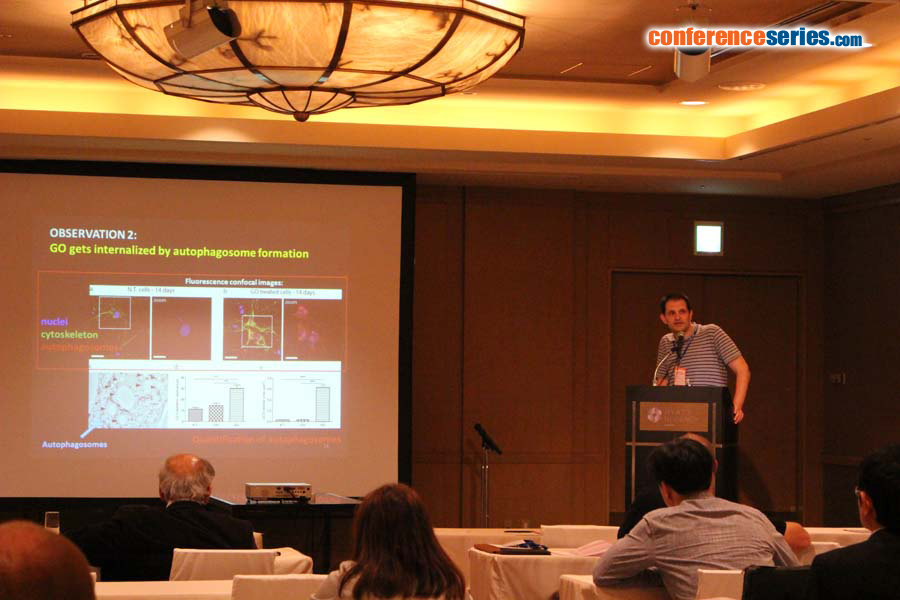
Andrea Armirotti
Istituto Italiano di Tecnologia, Italy
Title: Metabolomics in neuroscience: Old tools for new models and new tools for old models
Biography
Biography: Andrea Armirotti
Abstract
Over the last years, mass spectrometry-based untargeted metabolomics, in combination with advanced data analysis techniques, has reached outstanding levels of analytical performance and it now represents a valuable tool for the efficient exploration of the biochemical pathways of the brain. Using this technology, key advancements have been made in almost any field of neuroscience, with several important breakthrough discoveries. On the other hand, new technologies for data acquisition and analysis are always coming up. We recently successfully applied some of the most well-established techniques to a new model: long-term exposure of primary neurons to graphene-related materials (GRM). We deeply investigated the molecular changes occurring in the cell as natural response to GRM. Our findings clearly outline that important alterations occur in the neuron metabolome and are associated to phenotypic and functional changes. On the other hand, these well-established tools for untargeted analysis sometimes fail in detecting significant shifts in the metabolome, particularly when they occur to low abundance species. We then applied a totally new data analysis technique to the very early stages of a well-known mouse model of Parkinson’s disease (6-hydroxy-DOPA in the brain), when no phenotypic of functional changes are observed in animals. We discovered that the regulation of a particular class of large phospholipids, naturally present at ppb levels in the brain, is significantly increased immediately after the insult to dopaminergic neurons.




